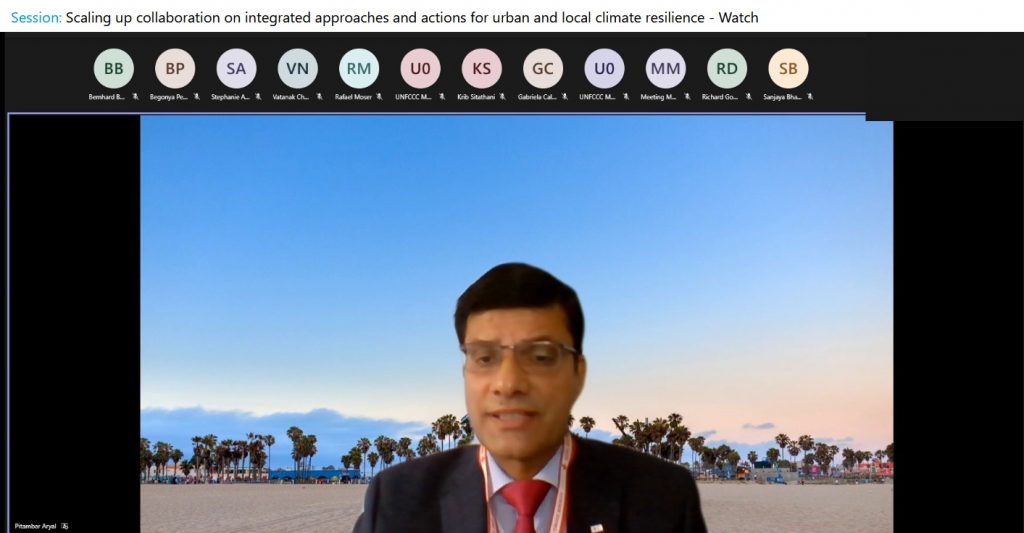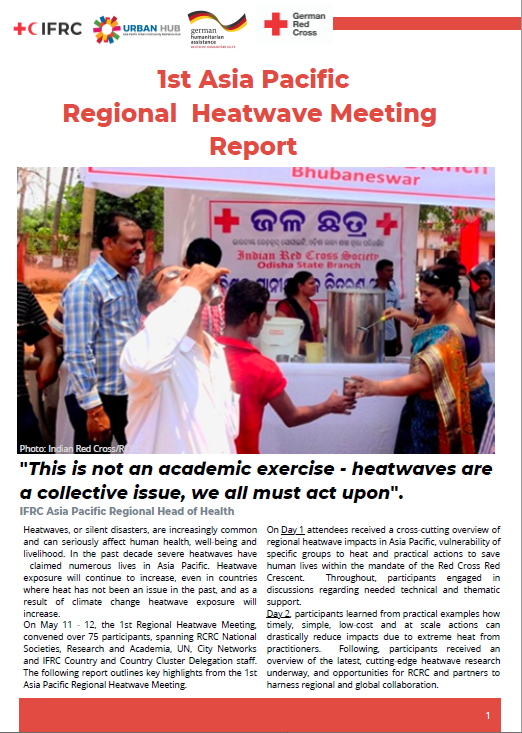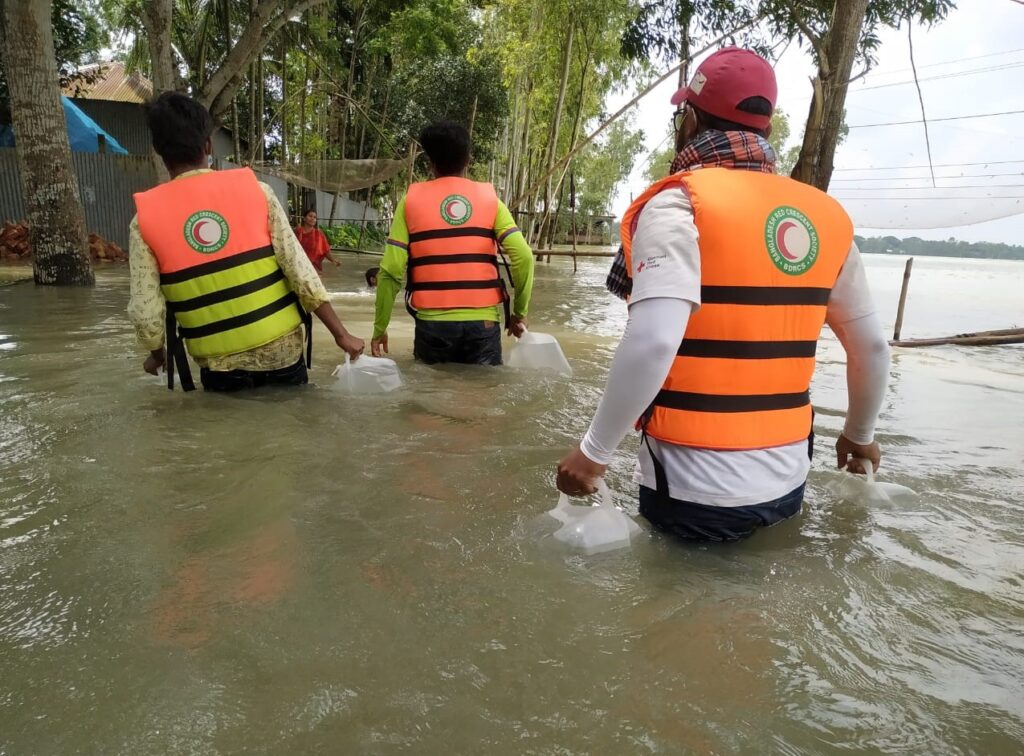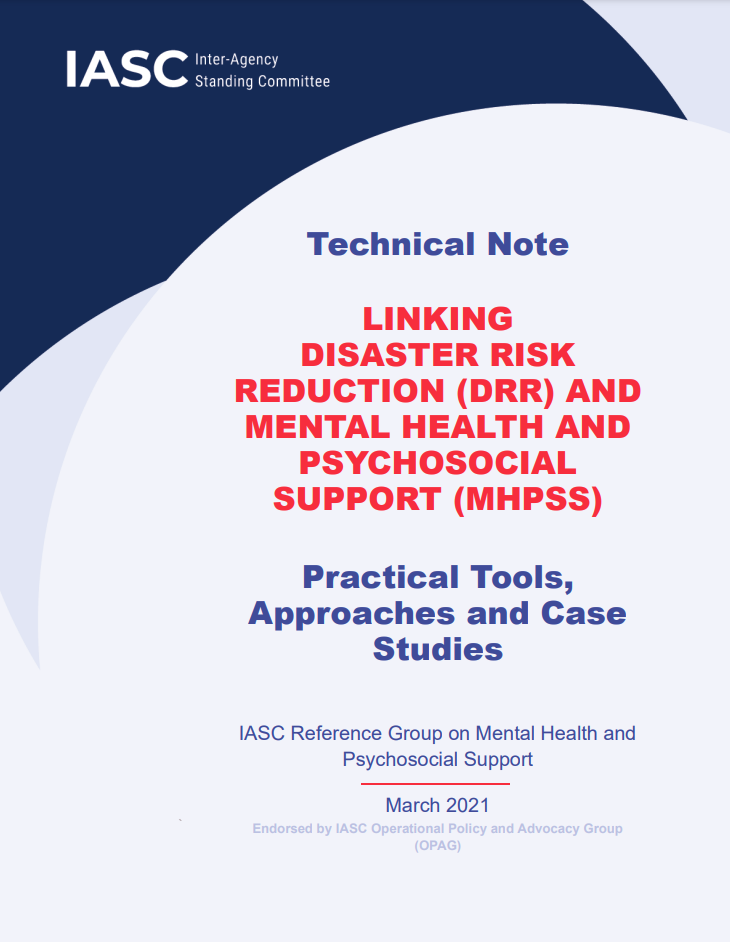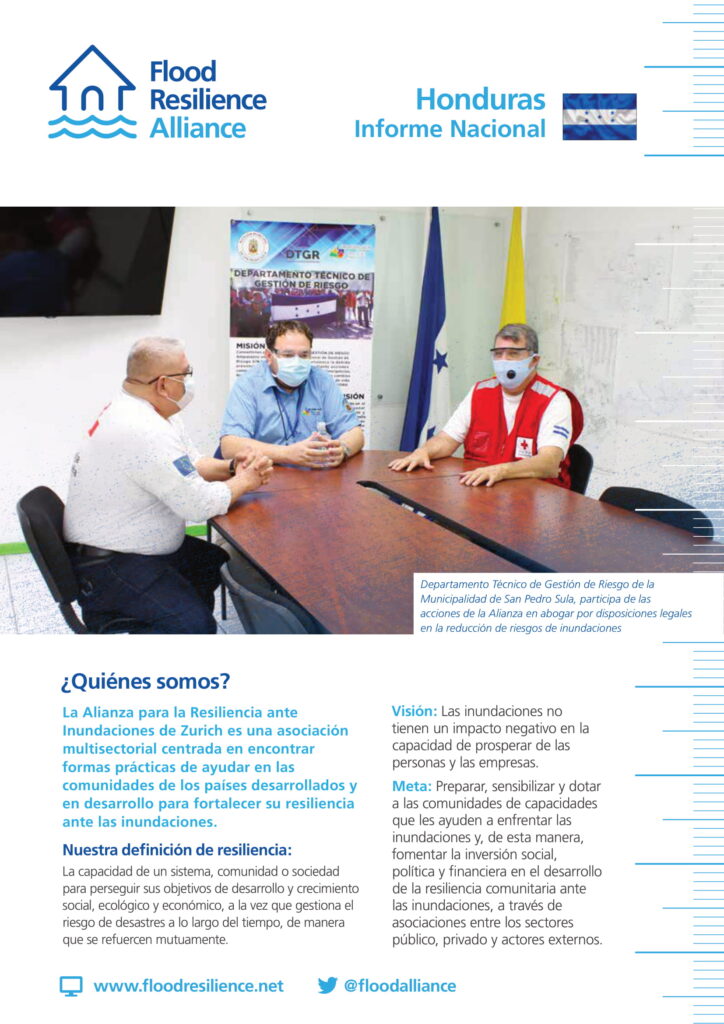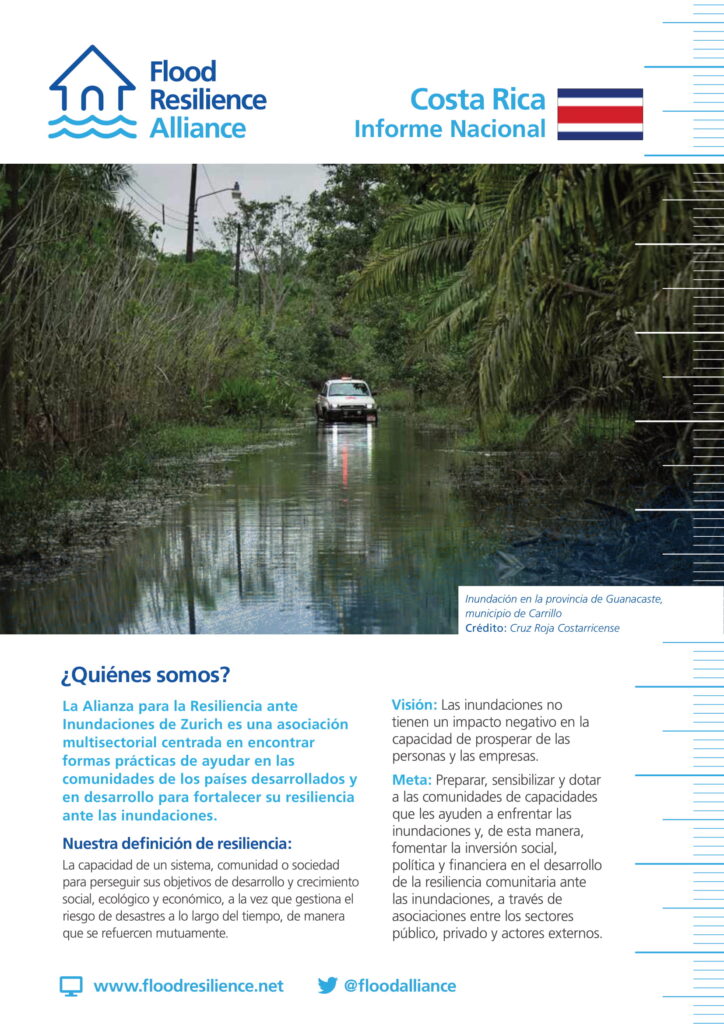Highlights from UNFCCC Asia Pacific Climate Week: Nepal Red Cross Secretary General Aryal shares insights on how urban resilience programming shaped Nepal’s NAP
As auxiliaries to government and interlocuters to communities, National Societies are uniquely positioned to support governments National DRR, DRM and Adaptation frameworks and plans. On July 7, 2021, Secretary General of Nepal Red Cross Society (NRCS), Pitambar Aryal outlined the manifold ways National Societies add value to Natation Adaptation Plans in the UNFCCC APCW session, […]

